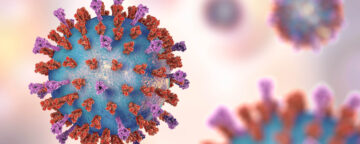There is wide variability in what the U.S. public knows about the seasonal flu and Covid-19, but some facts are much more strongly associated with an individual’s vaccination behavior, Annenberg surveys show.


There is wide variability in what the U.S. public knows about the seasonal flu and Covid-19, but some facts are much more strongly associated with an individual’s vaccination behavior, Annenberg surveys show.

New research published by a team at APPC finds that experiencing days in which the temperature exceeds previous highs for that time of year affects people’s perception of weather trends.

In PNAS, APPC researchers identify factors that reflect public assessments of science and are associated with public support for increasing U.S. funding of science.

In a new three-part series, FactCheck.org examines Democratic presidential candidate Robert F. Kennedy, Jr.'s false and misleading claims about vaccines, autism, Covid-19 and other health topics.

New survey-based research finds that adults who embraced a conspiratorial mindset in 2021 were more resistant to vaccinating a child against Covid-19 the following year.

RSV is a serious health threat, but a new survey from the Annenberg Public Policy Center finds that the public is ill-informed about it and unfamiliar with some common symptoms.

On average, corrections of misinformation in science did not succeed, but a new meta-analysis identifies political and psychological factors that make corrections more successful.